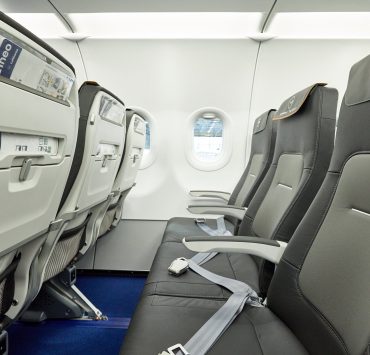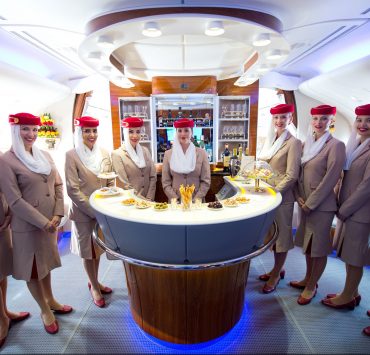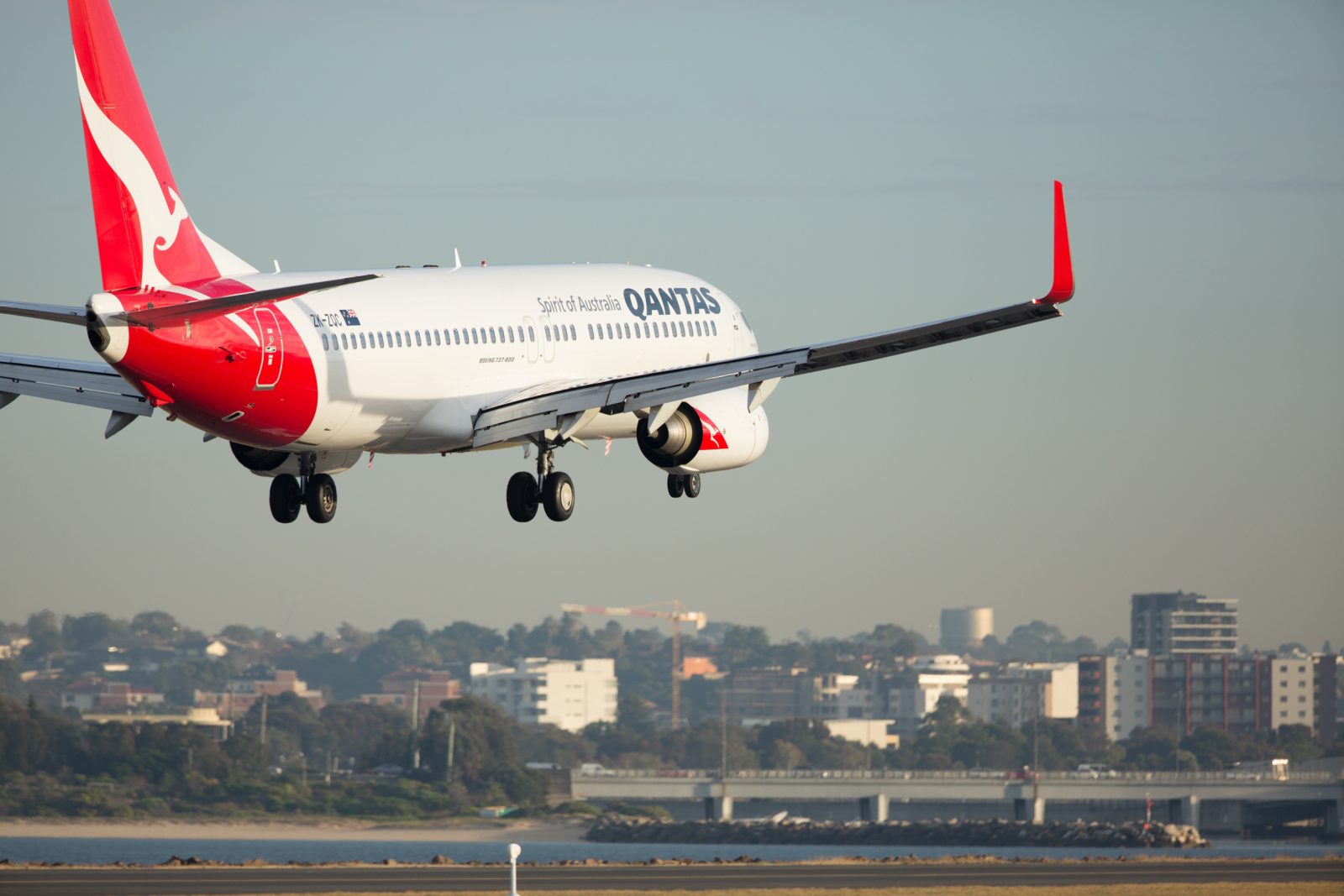
A Melbourne man has complained to various media outlets in Australia accusing Qantas cabin crew of “fat shaming” him after they forced him from his pre-booked seat. Darren Beales, from Geelong, was recently flying from Melbourne to Brisbane and had pre-booked himself a window seat in an emergency exit row. When it came time for boarding, Beales realised the normal seatbelt wouldn’t fit around his waist so asked for an extension seatbelt from a member of cabin crew.
Here’s the point at which Beale said Qantas started to fat shame him. Apparently, the member of cabin crew told him he wouldn’t be able to sit at an emergency exit row if he needed and extension seatbelt and that they would find an alternative seat for him. Once boarding was complete, the cabin crew member showed Darren to a new seat, although it was an aisle seat rather than the sought after window seat that he had wanted.
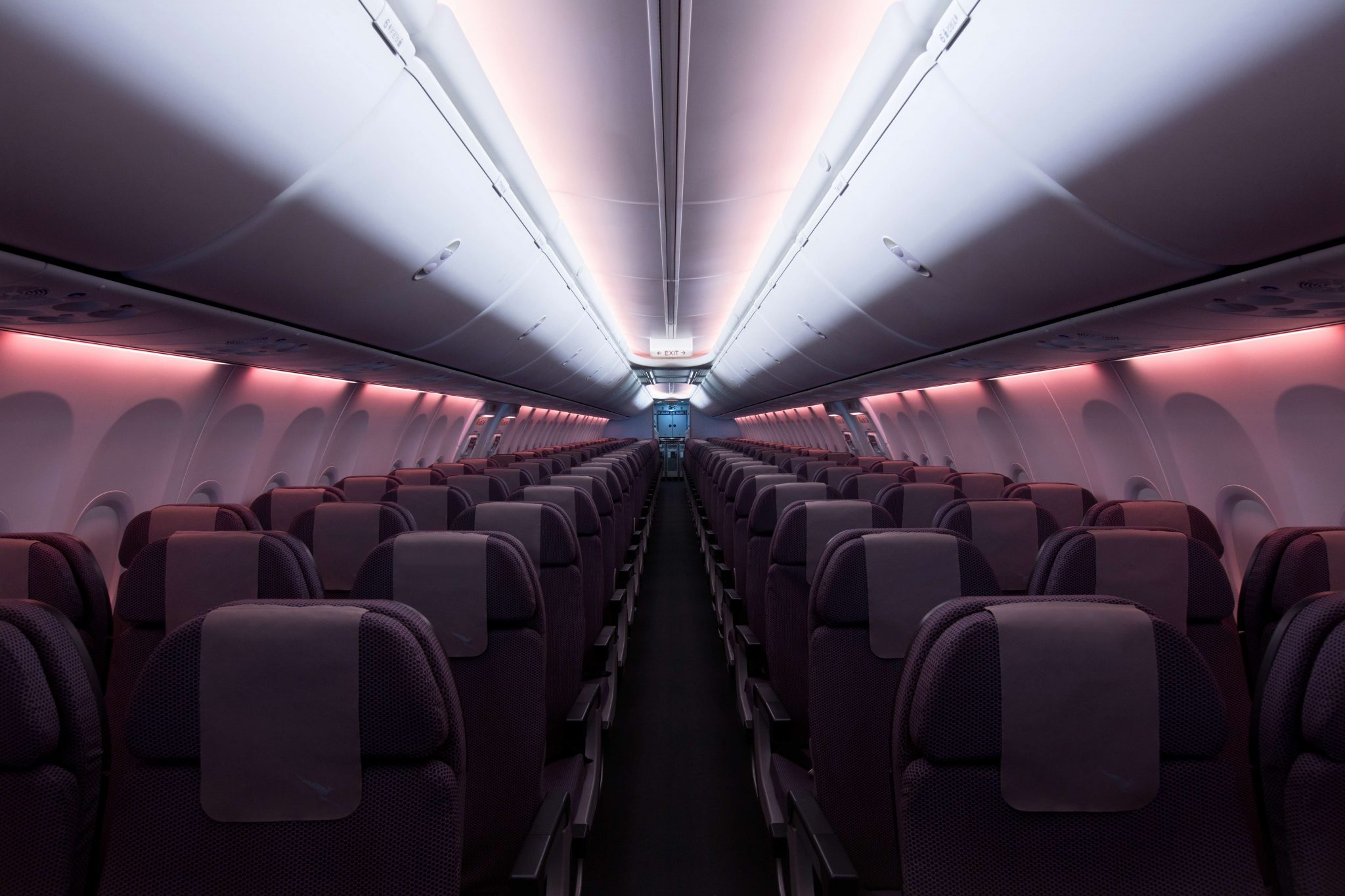
Based on the fact that Beale doesn’t make any accusations about the way in which Qantas cabin crew spoke to him, I think we can safely assume that the flight attendants dealt with the situation professionally and with tact. Let’s be honest – they were probably just as embarassed about having to say anything and forcing Darren to move seats.
“It made me feel really belittled. I could have helped in the emergency,” Beale said of the incident.
Unfortunately, the rules are pretty clear cut – only able-bodied passengers are allowed to sit at emergency exit rows as these passengers have a lot of responsbility to help out in the event of an emergency. There are additional restrictions at self-help overwing exits like the type that Darren was originally seated at – these exits are narrow and operating them requires speed, dexterity and flexibility.
That’s not to say that obese passengers might be able to operate a self-help exit and get out the narrow hole quickly but it’s incredibly hard to assess each passenger individually. Unfortunately, aviation authorities issue blanket rules and airlines and cabin crew have to comply – we simply can’t bend or break the rules as we see fit.
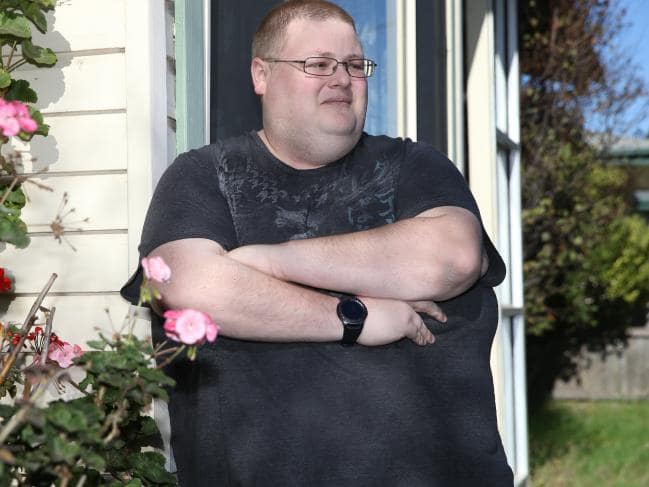 In this case, Qantas doesn’t allow anyone who requires an extension seatbelt to sit at a self-help exit. The same rule applies to disabled, elderly or infirm passengers, as well as those who can’t speak English or are under the age of 15-years old. The Civil Aviation Safety Authority (CASA) even allows passengers who are unwilling to help in the event of an emergency the right to move to a different seat.
In this case, Qantas doesn’t allow anyone who requires an extension seatbelt to sit at a self-help exit. The same rule applies to disabled, elderly or infirm passengers, as well as those who can’t speak English or are under the age of 15-years old. The Civil Aviation Safety Authority (CASA) even allows passengers who are unwilling to help in the event of an emergency the right to move to a different seat.
In fact, Beale could have avoided this awkward situation if he had read the rules which are clearly displayed on the Qantas website when passengers pre-book a seat. In this case, I genuinely don’t think Qantas owes an apology – safety is non-negotiable and cabin crew dealt with the situation professionally.
Virgin Australia also uses the same criteria for emergency exit row seating, as do many other airlines around the world. And while you might think these rules are harsh, some airlines are even considering banning passengers sat at emergency exit rows of consuming any alcohol so that they’re fully alert should there be an emergency.
Mateusz Maszczynski honed his skills as an international flight attendant at the most prominent airline in the Middle East and has been flying throughout the COVID-19 pandemic for a well-known European airline. Matt is passionate about the aviation industry and has become an expert in passenger experience and human-centric stories. Always keeping an ear close to the ground, Matt's industry insights, analysis and news coverage is frequently relied upon by some of the biggest names in journalism.







